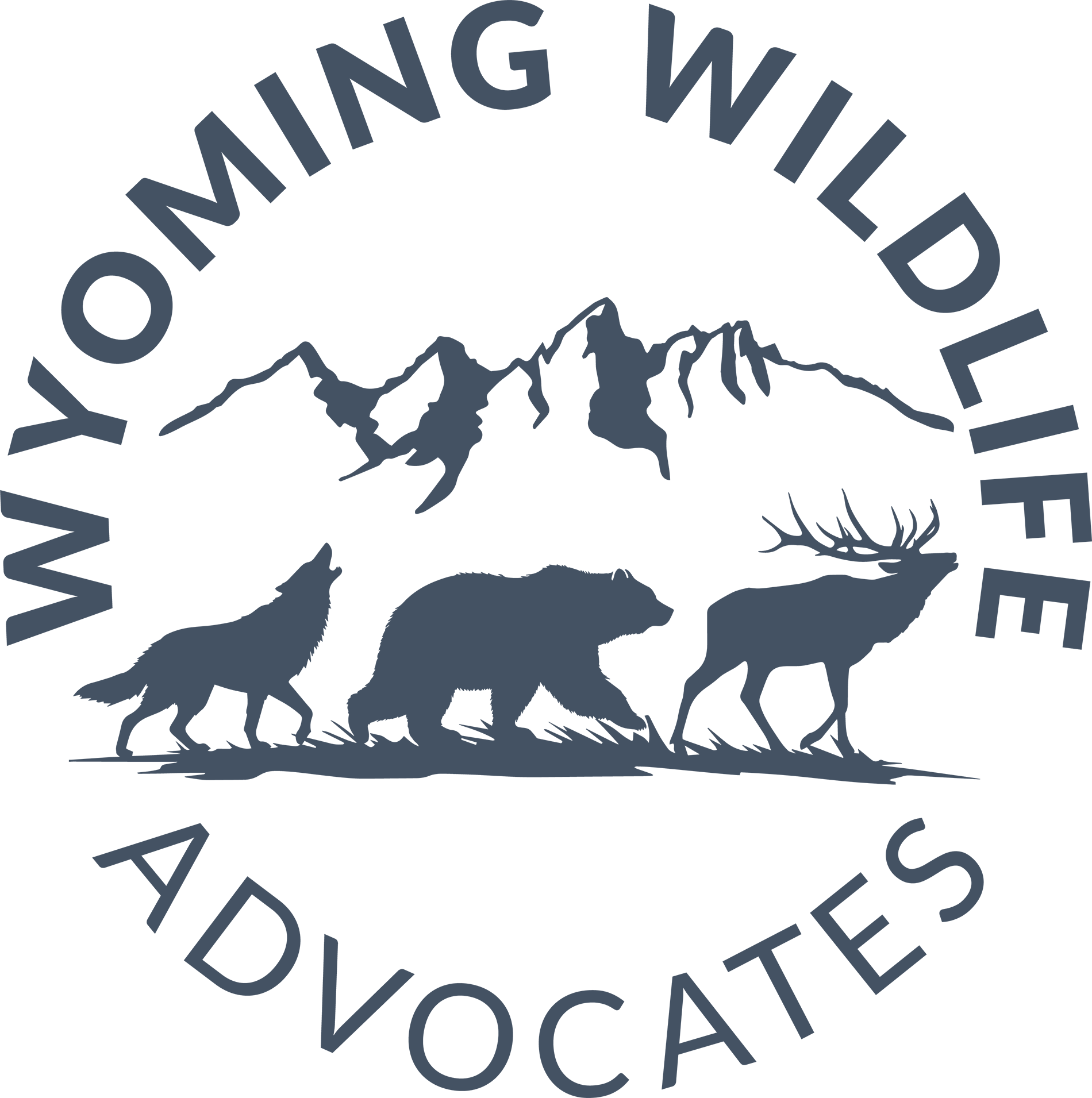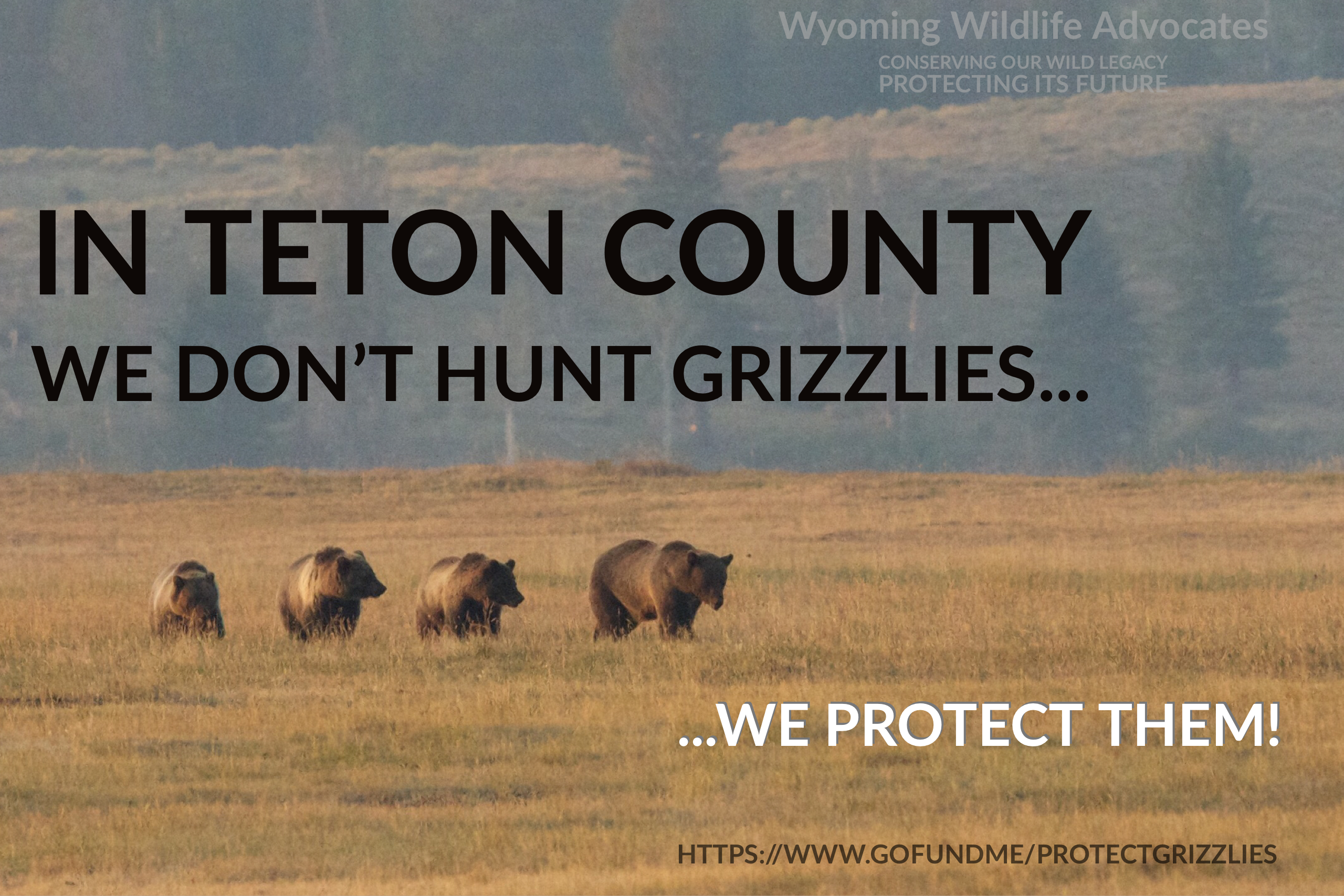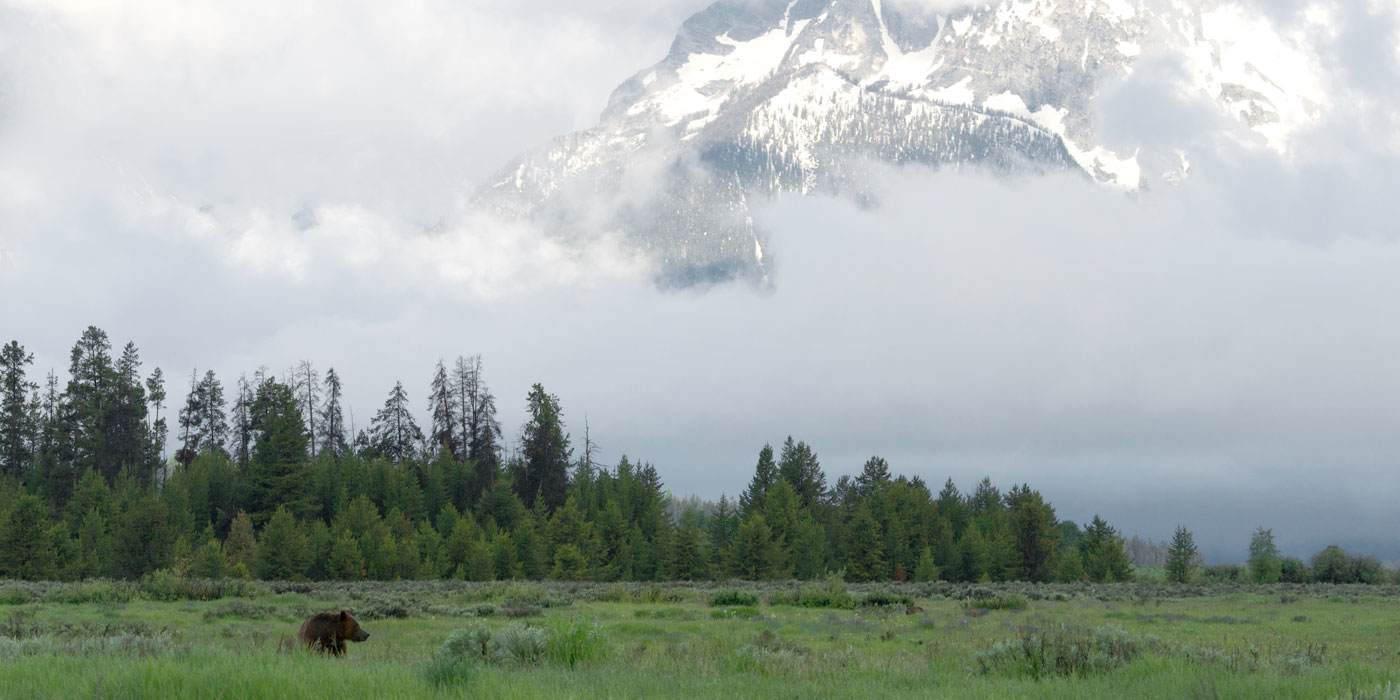This fall we had the pleasure of working with Jack Polk through Teton Science Schools’ AmeriCorps program. Jack is from St. Louis, Missouri and recently graduated from the University of Virginia with a degree in Foreign Affairs. He has a deep connection to the Greater Yellowstone Ecosystem as he spent most of his childhood visiting the area with his family. This place holds a special place in his heart and he joined AmeriCorps so he could give back to this community which has given him so much in return.
In his time with us, Jack completed many projects that we otherwise wouldn’t have been able to get to so quickly including developing a unit focused on wolves that will be part of a bigger curriculum covering topics of wildlife conservation in Wyoming. We thank Jack for all of his hard work and dedication and wish him all the best in the future.
We picked Jack’s brain about his service term with WWA and the takeaways he is leaving us with. Read on to learn more about what he learned and other nuggets of information and advice he has for anyone interested in wildlife conservation in Wyoming.
1. What drew you to the AmeriCorps program?
I have always loved the Jackson area, not only because of all of the outdoor opportunities, but also because of the incredible natural wonders found throughout the region. This past winter and spring, as I was considering what I wanted to do after college, I knew I wanted work experience in the world of global development. However, this is a really broad category of work with a ton of different kinds of jobs and organizations to work for, and it is a pretty difficult field of work to break into in the first place. I began looking for jobs in January and February of this year. The pandemic exacerbated the job search challenge because I found that as the pandemic and subsequent economic crisis worsened, the amount of job opportunities that appealed to me decreased significantly. As this process unfolded, I began to pivot towards looking for socially or environmentally-focused jobs in the Jackson area. The idea there was to gain professional experience in a work environment focused on positive community development in a place that I love. The AmeriCorps program seemed perfect.
2. What is it about the Greater Yellowstone Ecosystem that interests you? Why did you choose this place to volunteer?
So many things about the GYE interest me. It is the most completely intact ecosystem in the lower 48 states and the nature is truly stunning. Furthermore, there are so many different ways to immerse oneself in the natural world of the GYE from hiking, to fishing, to rafting, to skiing, and so on. I am also interested in the challenges various stakeholders face in keeping the GYE such a special place and making it even better, ecologically and culturally speaking. I knew very little about these challenges before moving out here, and learning about them has forced me to think critically about how to pragmatically address important social, economic, political, and environmental issues in a way that maximizes benefits for all stakeholders, the natural world obviously included.
I chose to work for Wyoming Wildlife Advocates because environmental and conservation-related issues are important to me. By getting involved with an ecologically-focused nonprofit, I have become an active participant in the fight to protect our natural spaces and to promote eco-friendly practices and policies. Furthermore, I have come to learn about how that world actually operates. Not only has my experience with WWA been interesting and fulfilling, but it has also helped me build the skills I need to succeed in the kind of work I want to do.
3. What have you learned about wildlife issues in Wyoming so far that has surprised you?
I did not realize that wildlife management was so politicized. In retrospect, it makes sense that wildlife issues are so heavily political in a place like Wyoming because Wyomingites have such a close, and therefore consequential relationship with wildlife. In most of the country, citizens do not need to seriously consider how to manage wolves, grizzly bears, and elk because there are no wolves, grizzly bears, or elk any more. However, in Wyoming, different stakeholders have different relationships with wildlife and therefore want to see wildlife managed in different ways. I realize that wildlife is managed by local and federal government agencies across the country, but before I started working with WWA, I never considered how the political positions of different stakeholders can inform the decisions surrounding wildlife management, sometimes more so than scientific logic.
4. What knowledge will you take with you from this experience that will help you in your career and other conservation efforts?
My experience with WWA will help me with my career in so many different ways. While working with WWA, I have had the opportunity to work on a number of different projects across a number of different mediums, ranging from an infographic, to a documentary-style video, to a white paper. In addition, I have built skills in communication, multi-tasking, research, critical thinking, and information analysis. All of the projects I work on force me to consider how to curate the messages behind them in a way that can effectively inform the target audience and inspire the target audience to take action in the fight to protect the wildlife of the GYE. There is a lot of thought and effort that goes into that; what to prioritize, how to be pragmatic in my messaging, how to understand issues and relay the important concepts behind an issue, the list goes on. Importantly, I learned how to operate effectively in a work environment focused on global issues. In addition to my career, I can apply all of these lessons to conservation efforts. One of the biggest challenges to conservation efforts in my opinion is addressing the lack of information and education surrounding conservation issues in society. My experience with WWA has taught me how I can educate others on conservation-related matters.
5. What has been the most rewarding part of your service?
For me, the most rewarding part of my service with WWA has been knowing that with all of the projects I have worked on or am working on, the fruits of my labor can make an actual, tangible impact on conservation efforts in Wyoming and possibly elsewhere. Hopefully, the products of my efforts will be used as resources to help the Jackson community and the people of Wyoming preserve the regional ecosystem.
6. What are you interested in doing for a career? Where do you see yourself in 10 years?
That is a tough question to answer specifically, because as I said earlier, the world of global development is very large, and there are a multitude of different career paths to pursue and issues to focus on. Speaking in the broadest terms possible, I want to play an active role in addressing a global issue or set of global issues that affect human wellbeing. I have a very wide range of interests, from peace and conflict issues, to environmental issues, to human rights issues, to governmental and geopolitical issues. All that being said, I am in the process of figuring out exactly where I fit into the world of global development. Maybe I want to research and analyze them in a think tank, maybe I want to play a role in deciding on how to handle them though advocacy or policy, maybe I want to be a journalist and inform the public about them, or maybe I want to become an educator and inspire and prepare future generations to drive them in a positive direction. To me, it is a very exciting field of work to pursue, particularly given the massive challenges we are facing from a geopolitical, economic, healthcare, and environmental standpoint.
I do not know exactly where I will be 10 years from now, but hopefully I will have figured out where I fit in the world of global development given my skills and interests, and will be on my way towards making a positive dent on a global issue or set of global issues that matter to me. I do know that between now and then I want to learn and explore as much I can to develop the knowledge and skills I will need to contribute most effectively. I am hopeful I will be able to work in one or more international locations as part of that journey.
7. Your AmeriCorps service is a little different than you expected due to the pandemic. What has been a pleasant surprise or something you weren’t expecting that you’ve experienced with your term of service with WWA?
When the AmeriCorps leaders announced that we would be working directly with nonprofits, I was very excited for the opportunity to work for an actual firm dedicated to social development not only because I expected it would be an interesting and informative experience, but also because I expected that the experience could help me build skills toward my career path. Both expectations turned out to be true.
8. After learning about wildlife issues in Wyoming, what advice would you have for anyone who would like to get involved in educating themselves further?
I would say listen and learn about Wyoming wildlife issues as much as possible. Learn the various roles of different stakeholders in Wyoming wildlife issues, learn about the process behind wildlife management decisions, learn about the scientific research surrounding wildlife issues, learn about the different positions stakeholders take on wildlife issues, and learn about the logic behind their positions. Doing so will help you understand how the process of wildlife management works; therefore, it will help prepare you to play an effective role in ensuring wildlife issues are handled in a way that protects our ecosystems and human communities, which benefit from their services.
The reason wildlife issues in Wyoming exist are because each issue has varying implications for different people, organizations and animals. As you learn about Wyoming wildlife issues, remember that every person and animal involved matters, and the goal of wildlife management is to maximize the benefits for each stakeholder and the harmony that exists among each stakeholder.
9. What hope do you have for the future for wildlife conservation? Do you think humanity will be able to turn things around before many more species are extinct?
My hope lies in the fact that younger generations are better informed on conservation issues and more invested in solving them. I think that we can protect different species because we are learning more and more about conservation and can continue to innovate increasingly effective conservation solutions. However, we all must be active participants in the fight to preserve our wildlife, because time is of the essence. We cannot afford to be naïve about these issues and assume that everything will turn out alright without our individual efforts to protect the natural world, nor can we afford to give up hope on conservation and abandon our efforts. What we need to do as individuals is learn as much as possible about wildlife challenges and work thoughtfully and pragmatically to solve them. We need to consider the relationships humans have with the natural world and how to improve them. Thankfully, the efforts to do so are increasing worldwide.





